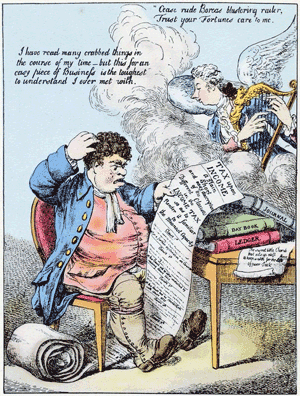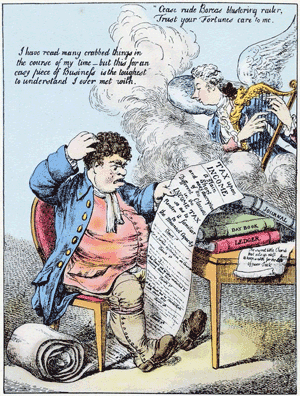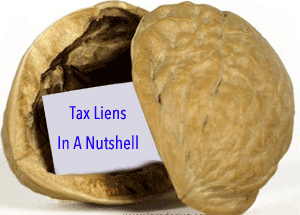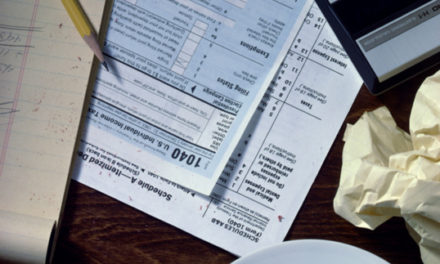Pros and Cons of Tax Lien Investing
Make Gobs of Money
With the poor economy, we are finding a great opportunity in Tax Lien Investing. However, there are risks involved with any investing endeavor along with the tremendous benefits, and we want you to have an idea of what makes it tick. This kind of investing is nothing new, but we want you to understand a little about the strategies before you get involved in it. There are pros and cons to Tax Lien Investing. First, we would like to make you aware that Tax Lien Investing uses Tax Lien Certificates in real estate. Before you get involved in this kind of investing or continue with this kind of investment, it will be great to get some idea of how a Tax Lien Certificate can make you gobs of money.
Pros and Cons
The Pros
- Tax Lien Certificates and Tax Lien Properties have been available in the United States for over 200 years. You may be interested to know they are one of the safest and highest investment strategies in the world.
- The good news is that with this kind of investing strategy you can get valuable real estate and property for pennies on the dollar with no mortgage. You own it free and clear.
- Essentially what you have done is paid someone else’s tax bill for them when you acquire a tax lien certificate. This gives them the opportunity to stay in their home with no negative outcome from 1 to 3 years. The great thing about investing in Tax Lien Certificates is helping property owners who may be having financial difficulties.
- Depending on the state, Tax Lien Certificates pay you guaranteed fixed rates between 15% and 25% on returns—even as high as 50% interest per year. These percentage rates can vary from year to year.
- Every year, $7 to $10 billion worth of Tax Lien Investments are available in the United States.
- One beneficial result is that Tax Lien Investing contributes to community efforts! The revenue is used to fund schools, hospitals, police departments, fire departments, parks, libraries, and roads.
- You need to know that anywhere in the United States you can safely get valuable Tax Lien Certificates and Tax Lien Properties. All you need is a computer and a telephone. Even from the comfort of your own home you can make valuable investments.
- What makes this such a great investment is that State law regulates the Tax Lien Certificate and Tax Lien Property investment processes and gives you an extremely high degree of security and safety
The Cons
A Precise Process Within Narrow Parameters
Depending on the state, further actions must be taken to protect the lien holder’s rights after investing. You need to understand that failure to work within a certain period of time with such requirements in a precise way may make the lien worth nothing at all.
- This is a fast process. Within a very brief period following the investor’s deposit, full payment of the Property Tax Lien is required (often due on the date of the sale and usually no more than 3 days). The investor’s failure to pay the full amount may cause all lien certificates to be cancelled. It is important to understand this may result in the investor forfeiting their deposit and/or being barred from sales in the future.
- For your information and protection, the “bid down the interest” jurisdictions from state to state have valuable properties that usually bid to the lowest rate possible greater than zero percent. (For example, Florida permits the interest rate to be bid down to a minuscule 0.25% though it guarantees a minimum 5% return.)
- The bad news is, due to municipal liens and assessments on the property, Tax Liens that you hold on properties may become worthless. What happens here is these liens, assessments, and their related interest and fees can increase what is owed to a point that the property is deemed not worth anything. You definitely do not need to be in this position and that is why as an investor, it’s important to do your research!.
- Further understanding includes the fact that tax lien properties sold in non-Judicial Foreclosure states are given to the highest bidder via a tax deed. Yet, although properties sold on tax deeds can be transferred, all financial institutions require a marketable title on property they will be financing.







